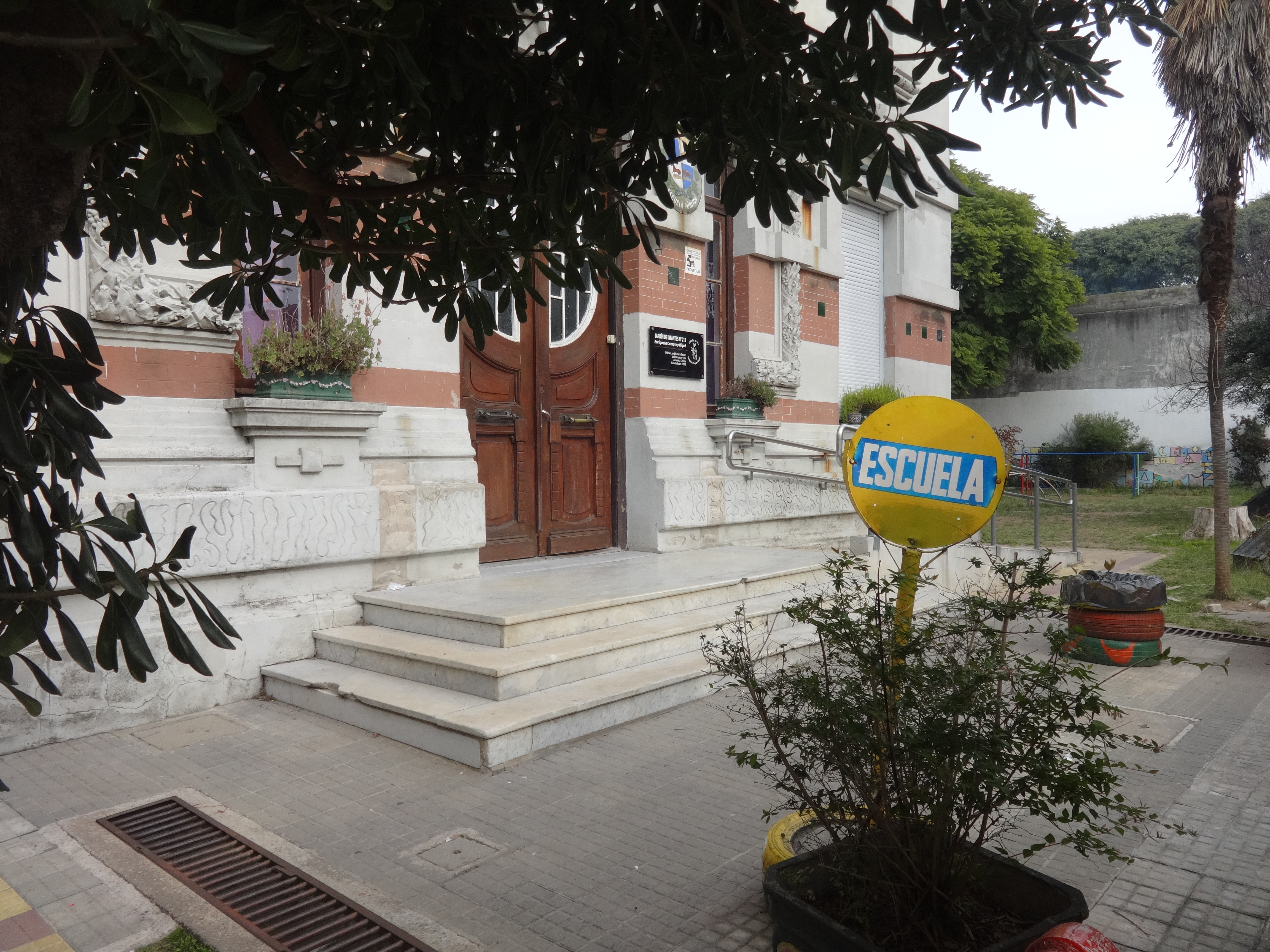The personal is political. Moral authoritarianism and female teachers in the Uruguayan dictatorship (1973-1984)
Parole chiave:
Uruguayan dictatorship, gender, moral authoritarianism, primary education, National Security DoctrineAbstract
This article analyzes the forms of moral persecution deployed against primary education teachers during the Uruguayan dictatorial regime (1973-1984), seeking to address the modalities shown in the evolution of a long-term State paternalism and the curbs imposed on emerging generational changes in gender relations through the institutional promotion of a binary and traditional model.

Downloads
Pubblicato
15-11-2023
Come citare
Sempol, D. (2023). The personal is political. Moral authoritarianism and female teachers in the Uruguayan dictatorship (1973-1984). Elephant & Castle, (30), 41–48. Recuperato da https://elephantandcastle.unibg.it/index.php/eac/article/view/462
Fascicolo
Sezione
Articoli
Licenza
Copyright (c) 2023 Elephant & Castle

TQuesto lavoro è fornito con la licenza Creative Commons Attribuzione 4.0 Internazionale.





